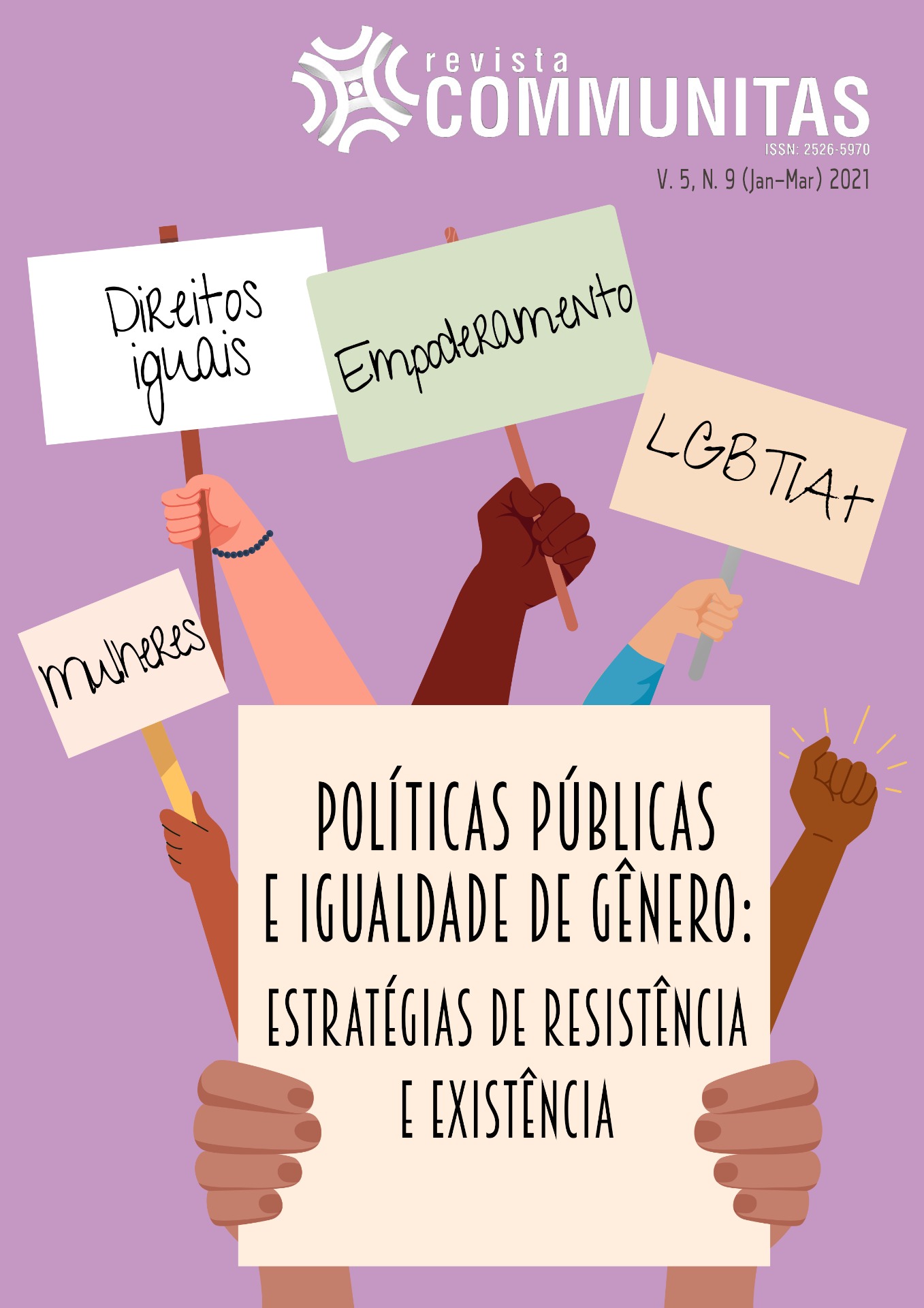TRADITIONAL KNOWLEDGE ABOUT THE MOON IN THE GARDEN COMMUNITY
recognizing knowledge to affirm rights
Keywords:
Community Garden, traditional knowledge, Moon, epistemologies of the South, rural educationAbstract
The social practices developed in the daily life of the peasants are populated with diverse knowledge produced through deep observations of the natural world, transmitted and reworked from generation to generation. This work aimed to build an intercultural mapping of traditional knowledge related to the influence of the Moon on social practices developed by residents of the Jardim Community, in the municipality of Rio Pardo de Minas, in the northern region of the state of Minas Gerais. The methodology of qualitative research and construction of the intercultural mapping of traditional knowledge was adopted and to obtain the information, three semi-structured interviews were conducted with residents of the community. Finally, a presentation was made in the hall of the Association of Small Family Farmers, with the purpose of giving residents a feedback on the main results of the survey. For these peasants, following the phases of the Moon is a guarantee of greater yield in production, taking advantage of the potential of wood, healing of animals, healthier births of chicks, etc. In other words, following the phases of the Moon means respecting / being responsive with time, a temporality, of nature, of living beings, of peasants and of the earth.
Downloads
References
ALENTEJANO. P. Modernização da Agricultura. In: CALDART, R. S.; PEREIRA, I. B.; ALENTEJANO, P.; FRIGOTTO, G. (orgs.). Dicionário da Educação do Campo. Rio de Janeiro, São Paulo: Escola Politécnica de Saúde Joaquim Venâncio, Expressão Popular, 2012.
ARGUETA, A. Os saberes e as práticas tradicionais: conceitos e propostas para a construção de um campo transdisciplinar. In: UDRY, C. & EIDT, J. S. (Eds.). Conhecimento tradicional: conceitos e marco legal. Brasília: Embrapa, 2015.
AUTOR 2; AUTOR X. Título. Revista, v. 30, n. 3, p. 43-61, 2014.
AUTOR 2 e OUTROS AUTORES. Título. Revista, 2(3), p. 836–860, 2017.
AUTOR 2 e OUTROS AUTORES. Título Revista, 19, 275-297, 2019.
BRANDÃO, C. R. A comunidade tradicional. In: UDRY, C. & EIDT, J. S. (Eds.). Conhecimento tradicional: conceitos e marco legal. Brasília: Embrapa, 2015
CRESWELL, John W. O projeto de um estudo qualitativo. In: _____. Investigação qualitativa e projeto de pesquisa: escolhendo entre cinco abordagens. Porto Alegre: Penso, 2014.
FRANCO, A. G.; RAMÍREZ, L. L. Diseño de Materiales para la Educación Científica Intercultural: El Cultivo de la Milpa en México como Ejemplo para el Diálogo. Revista Brasileira de Pesquisa em Educação em Ciências, v. 16, n. 3, p. 851–870, 2016.
GOOGLE EARTH. Comunidade Jardim (Rio Pardo de Minas). Disponível em https://www.google.com.br/earth/. Acesso em 07/12/2020.
IBGE (Instituto Brasileiro de Geografia e Estatística). Cidades: Rio Pardo de Minas. Disponível em: https://cidades.ibge.gov.br/brasil/mg/rio-pardo-de-minas/panorama. Acesso em 16/03/2020.
LUDWING, D; EL-HANI, C. N. Philosophy of Ethnobiology: Understanding Knowledge
Integration and Its Limitations. Journal of Ethnobiology, 40(1), p. 3-20, 2020.
NOGUEIRA, M. C. R. Introdução. In: _____. Gerais a dentro e a fora: identidade e territorialidade entre Geraizeiros do Norte de Minas Gerais. Dissertação (Doutorado em Antropologia Social). Instituto de Ciências Sociais – ICS, Universidade de Brasília, Brasília, 2009.
RIO PARDO DE MINAS. In: WIKIPÉDIA, a enciclopédia livre. Flórida: Wikimedia Foundation, 2019. Disponível em: https://pt.wikipedia.org/w/index.php?title=Rio_Pardo_de_Minas&oldid=54245761. Acesso em 07/12/2020.
SANTOS, B. S. Para além do pensamento abissal: das linhas globais a uma ecologia de saberes. In: SANTOS, B. S.; MENESES, M. P. (Orgs.). Epistemologias do Sul. Coimbra, PT: Almedina, 2009.
SANTOS, B. S. O fim do império cognitivo: a afirmação das epistemologias do Sul. Belo Horizonte: Autêntica, 2019.
Downloads
Published
How to Cite
Issue
Section
License
Copyright (c) 2021 Communitas

This work is licensed under a Creative Commons Attribution-NonCommercial-ShareAlike 4.0 International License.
The Copyright for articles published in this magazine belongs to the author, preserving the rights of first publication for the Communitas Magazine. Because they appear in this publicly accessible journal, the articles are free to use, with their own attributions, in educational and non-commercial applications.
























